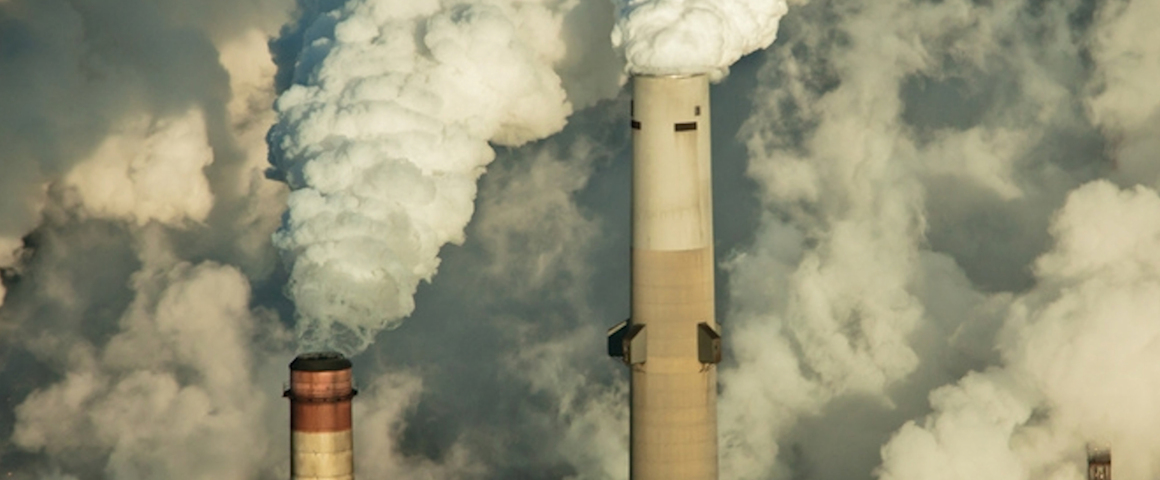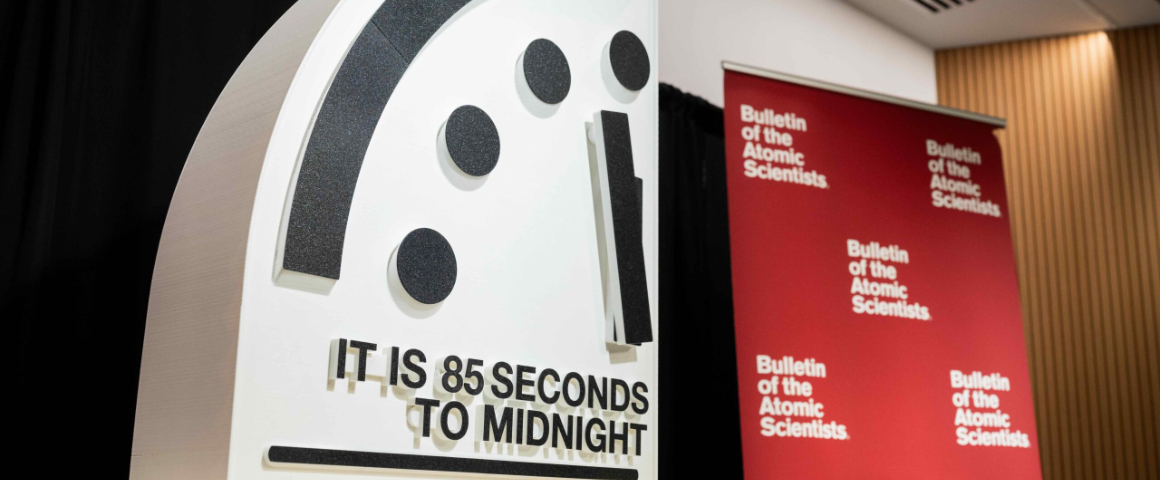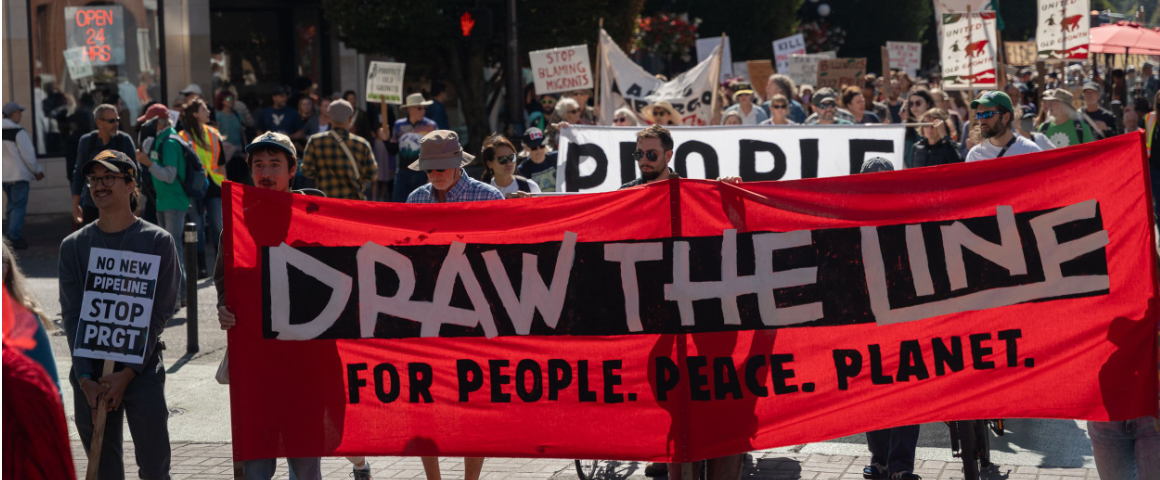Imagine a really radical government policy to reduce homelessness to zero. It involves building lots of housing – at least one unit for every homeless person. The catch, though, is that homeless people aren’t allowed to move into the units. Instead, they just stay vacant.
How could this possibly work?
Ah, says the government, those vacant units offset the number of homeless people. So, homelessness nets to zero – problem solved!
What about a food security policy that provides additional meals to already well-fed people, to offset the hunger experienced by others?
Or what if we had an approach to war and peace, in which we argued that the experience of millions of people who live outside areas of conflict somehow cancelled that of the millions who are killed, maimed and displaced?
We don’t have to discuss policies like these because they are immediately understood to be absurd. For sure, there are debates around how to approach issues of homelessness, hunger and war (among others), but there is at least a recognition that anything resembling a solution has to fulfill the need that is directly experienced by a specific person or community.
To suggest otherwise – that my bloated fortune somehow offsets your poverty – is politically and socially repugnant.
And yet, throughout the majority of public discussion about confronting the climate crisis, we have to wade through ditches of just this kind of sewage.
“Net-zero” carbon emission schemes are proposed and supported by a wide range of corporations, environmental organizations, and policy experts. Most political parties in this country – whether Tory or social democrat or somewhere in-between – have pinned their climate policy on some version of a program that allows a polluting corporation to offset its emissions at Point A by a reduction at Point B. Some proposed plans allow the polluter to purchase offsets from another entity – even one located halfway around the world – under the pretense that this could possibly make a difference to the local community that is poisoned by toxins and emissions.
Marketing the absence of pollution, in order to commodify the right to pollute, is a uniquely capitalist proposition. But it avoids reality.
We cannot ignore the reality of the climate crisis. It demands real reductions in carbon emissions, moving toward absolute zero. It’s a reality that demands democratic planning and decisive intervention in the economy.
Any honest study of the climate crisis has to conclude that years of capitalist expansion have been deadly to the planet’s health and have jeopardized the survival of the species. Any honest proposal for confronting the crisis has to exclude capitalism.




